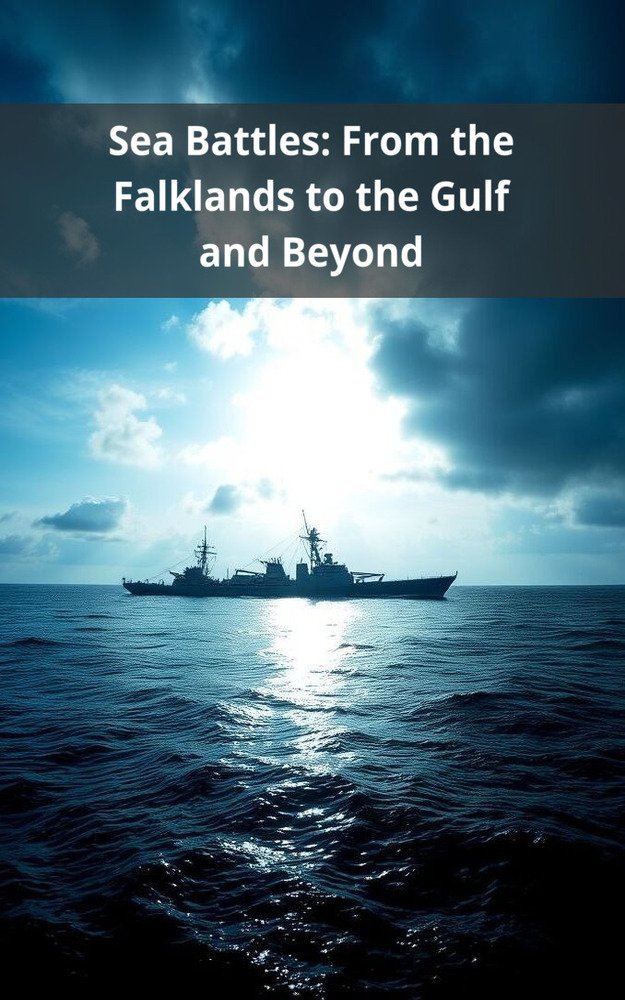Description
This comprehensive account delves into the gripping tales of valor, sacrifice, and strategic decision-making that defined these conflicts. Through the eyes of those who served on the front lines, we witness the raw realities of naval warfare, from the thunderous clashes of warships to the silent stalking of submarines. We explore the technological advancements that transformed naval combat, from the introduction of aircraft carriers to the advent of precision-guided munitions. And we examine the geopolitical context that shaped the wars, shedding light on the complex interplay between national interests, regional dynamics, and global power struggles.
The Falklands War, a conflict that erupted in 1982 between the United Kingdom and Argentina over a remote archipelago in the South Atlantic, stands as a testament to the enduring importance of sea control. The British Task Force, sailing thousands of miles from its home ports, faced a determined Argentine Navy and Air Force. The ensuing battles, fought in treacherous weather conditions, showcased the critical role of naval power in projecting force, securing vital sea lanes, and supporting land operations. The conflict also highlighted the importance of adaptability and innovation, as both sides employed new technologies and tactics to gain an edge.
The Gulf War, fought in 1990-1991 following Iraq’s invasion of Kuwait, presented a different set of challenges and opportunities for naval forces. In this conflict, the United States and its allies faced a well-equipped and battle-hardened Iraqi military. The coalition’s naval forces, operating in the confined waters of the Persian Gulf, played a crucial role in enforcing a naval blockade, striking Iraqi targets with cruise missiles, and supporting amphibious landings. The war also demonstrated the growing importance of air power and the need for close coordination between naval and air forces.
Beyond the specific narratives of these two conflicts, this book delves into the broader lessons learned from these wars and their implications for the future of naval warfare. We examine the evolving role of sea power in the 21st century, considering the rise of new technologies, the changing nature of conflict, and the geopolitical shifts that are reshaping the global landscape. We explore the challenges and opportunities that lie ahead for navies around the world, from the need to counter asymmetric threats to the importance of maintaining a strong and capable fleet.
Through a combination of historical narrative, expert analysis, and thought-provoking insights, this book provides a comprehensive understanding of the Falklands War and the Gulf War, their impact on naval warfare, and their enduring relevance in shaping the future of sea power.
If you like this book, write a review!
Language : English
Dimensions : 6 x 9 inches
Pages : 205 pages
Pasquale De Marco stands as a prolific author whose literary prowess knows no bounds. With a passion for storytelling that transcends genres, he has made a name for himself as a versatile writer with the extraordinary ability to captivate readers across diverse literary landscapes. His journey as an author is marked by an insatiable curiosity, a love for the written word, and a relentless commitment to sharing knowledge and experiences with the world.
Pasquale De Marco collaborates with a dedicated team of ghostreaders who assist him in evaluating and editing the manuscripts. His collaborators are not only skilled professionals but also avid readers who purchase and read books as a personal hobby. This unique blend of creativity allows Pasquale to push the boundaries of traditional publishing, making literature more accessible and diverse.






Reviews
There are no reviews yet